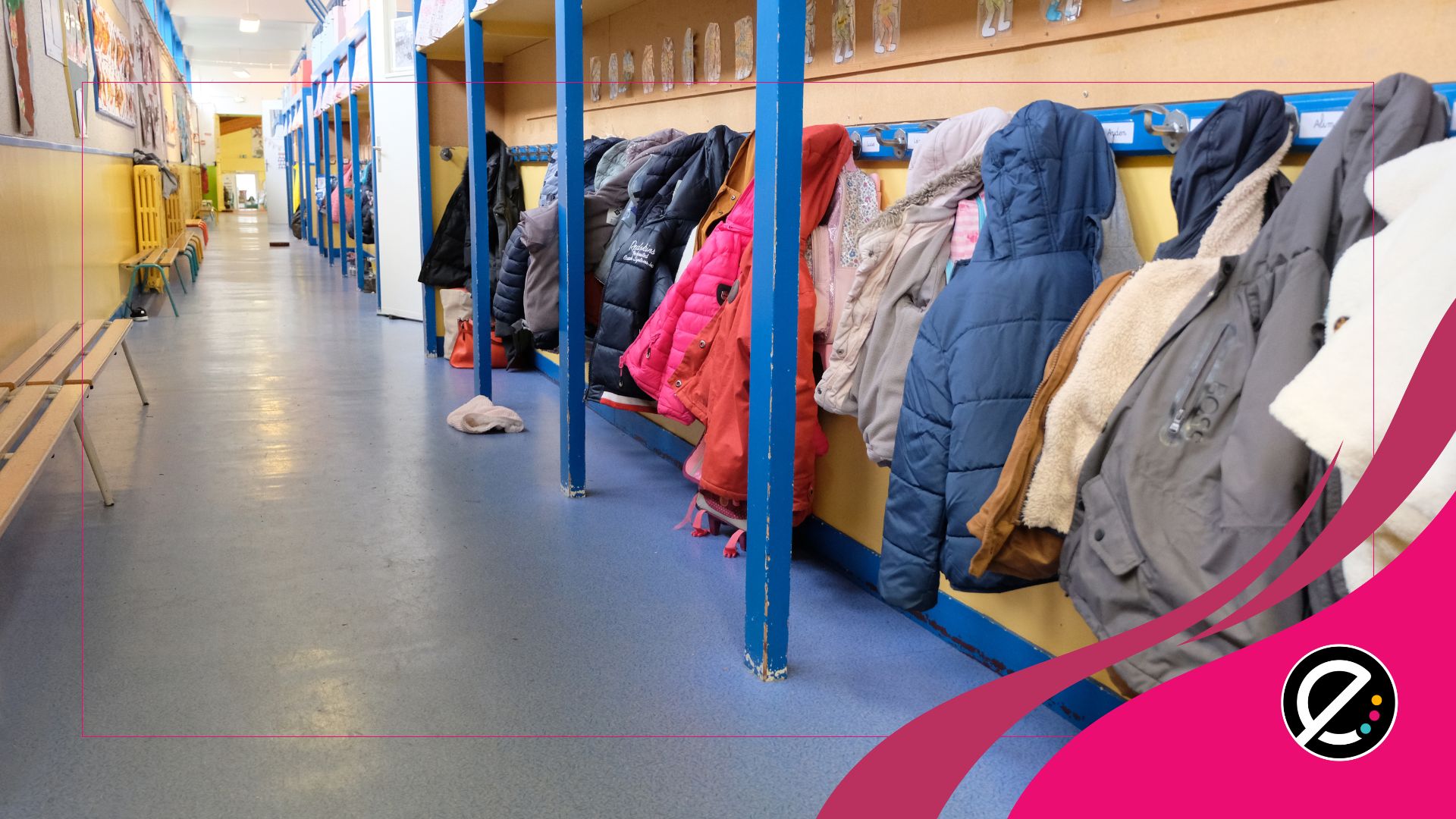En plus du texte et l’image, utilisez-vous la vidéo comme façon de susciter des situations d’écriture? Voici quelques pistes à ce sujet!
Les incitations à écrire, ou writing prompts en anglais, sont des phrases, des mots ou des images que l’on propose aux élèves pour les inspirer et les encourager à écrire, tout en suscitant leur réflexion et leur imagination.
Cette technique est souvent utilisée avec une mise en situation écrite, mais pourquoi ne pas le faire à l’aide de courtes vidéos?
S’inspirer de vidéos pour écrire
Les possibilités de sujets et de thématiques à exploiter sont infinies. Les neurosciences, les découvertes spatiales, la médecine, l’éthique de certaines pratiques scientifiques, l’histoire ou bien la vie de personnages célèbres ou de personnes ayant des handicaps.
Le but de l’exercice est de préparer des phrases ou des questions à compléter par les élèves après avoir visionné la vidéo. Voici des exemples de vidéos et de suggestions de situations d’écriture.
Des exemples de vidéos qui font réfléchir
Le site Teach Hub, un site de ressources pour les enseignants, propose plusieurs vidéos accompagnées de plusieurs idées de situations d’écriture pour différents âges.
Par exemple, il y a une vidéo sur l’éducation et ses bienfaits. La première suggestion d’activité est d’écrire un texte en commençant par : « Education is… ». Les élèves doivent alors définir ce qu’est l’éducation à leurs yeux, quelle est la place de l’éducation dans leur vie et pourquoi elle est importante. Une autre idée est de reprendre une expression dite dans la vidéo et de demander aux élèves d’expliquer la signification de l’expression « Education is a light in the dark ». L’élève doit aussi donner des exemples dans l’histoire de l’humanité où l’éducation a été une source d’espoir et un levier d’émancipation.
Toujours sur le même site, une autre vidéo présente les technologies utilisées pour explorer le cerveau à travers le temps. L’incitation à écrire est ici d’écrire un texte argumentatif où l’élève se prononce pour ou contre l’expérimentation médicale sur les animaux. Pour les plus jeunes, l’enseignant demande aux élèves de se mettre dans la peau des scientifiques et d’expliquer comment se déroule l’expérience.
Ces deux exemples montrent que ces activités d’apprentissage font appel à de nombreuses compétences, dont l’écriture, la logique, l’esprit critique, la capacité d’argumentation et la réflexion sur des notions d’éthique, tout en approfondissant des notions scientifiques et en développant la culture générale des élèves.
Quelques ressources pour dénicher des vidéos
Le site Classes de sciences a créé une liste de sites où l’on retrouve de courtes vidéos dans le domaine des sciences. Le site mentionne entre autres, l’émission Découverte à Radio-Canada, C’est pas sorcier diffusé en France (Youtube) et l’ONF, mais aussi d’autres vidéos comme les simulations mathématiques ou physiques.
Bref, la vidéo, tout comme le texte et l’image, est une autre façon de susciter des situations d’écriture.
Est-ce que vous utilisez des vidéos en classe pour provoquer des situations d’écriture?







